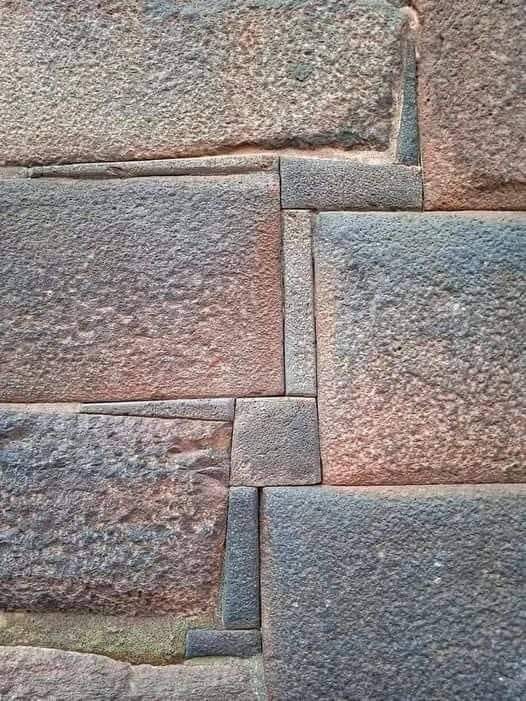Perched high in the Andes, the historic city of Cusco is a testament to the ingenuity and craftsmanship of the Inca civilization. One of the city’s most captivating features is the Inca walls that line its streets, showcasing the remarkable stonemasonry skills of the Inca people. These impressive structures offer a glimpse into the fascinating history and engineering prowess of the Inca empire.
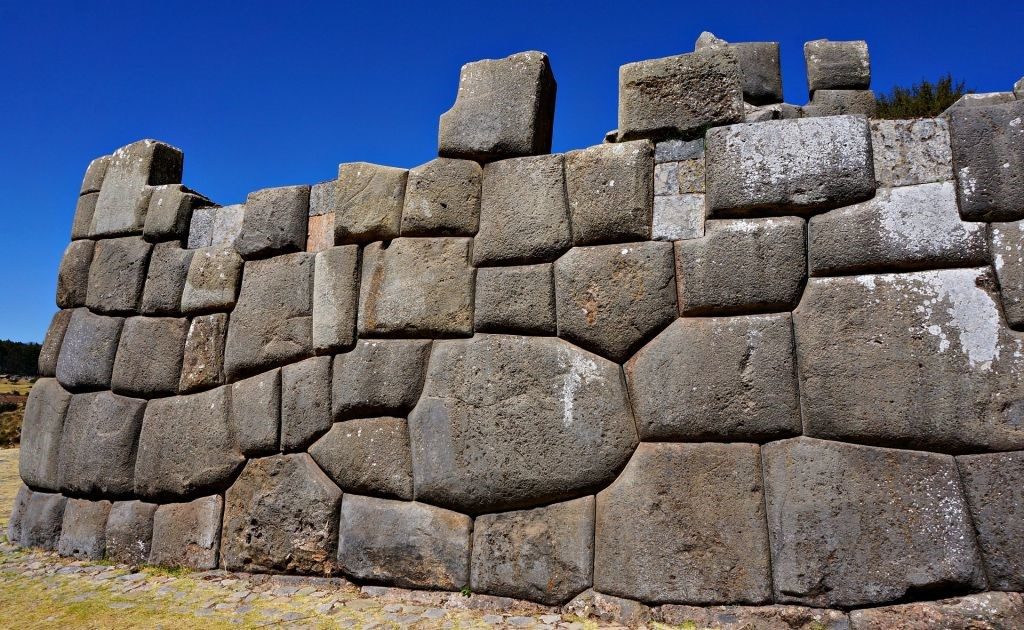
The Walls of Amarucancha and the Acllahuasi
If you venture southeast from the Plaza de Armas, you’ll find Inca walls lining both sides of the narrow alley of Loreto. On the right side, you’ll see the walls of Amarucancha, or the “Courtyard of the Serpents.” This site was once the palace of the 11th Inca, Huayna Capac, and later became the location of the church of La Compañía after the Spanish conquest.
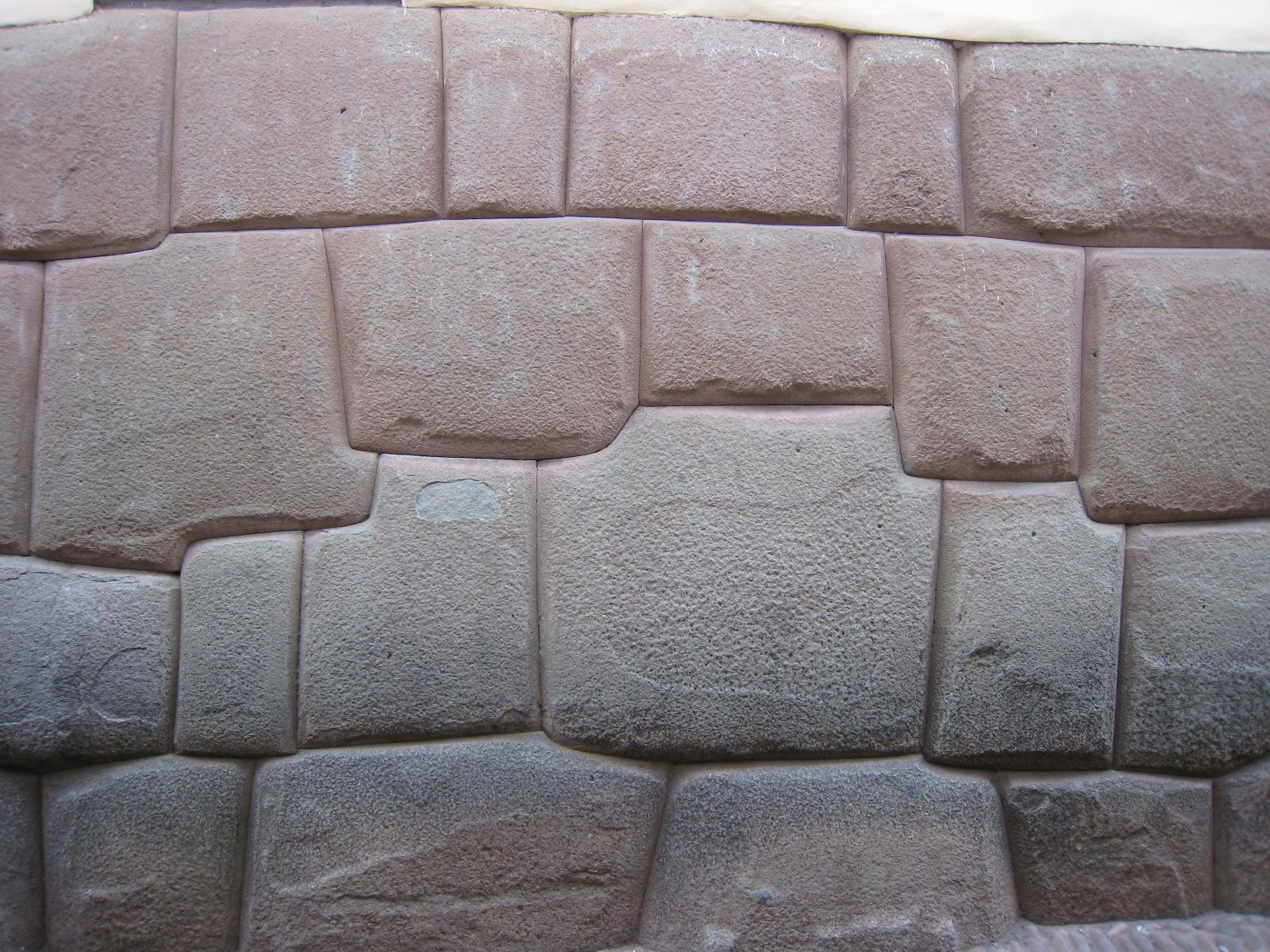
Opposite the alley, you’ll encounter the oldest and most spectacular Inca wall in Cusco – the walls of the Acllahuasi, or the “House of the Chosen Women.” After the conquest, this building became part of the convent of Santa Catalina, transitioning from housing the Virgins of the Sun to pious Catholic nuns.
The Mastery of Inca Stonework
The Incas’ ability to construct these impressive walls without the use of cement demonstrates their exceptional stonemasonry skills. The surfaces of the blocks fit together so perfectly and exquisitely that no mortar was needed. The stones were carefully interlocked, creating a sturdy and stable structure that could withstand the region’s frequent earthquakes.
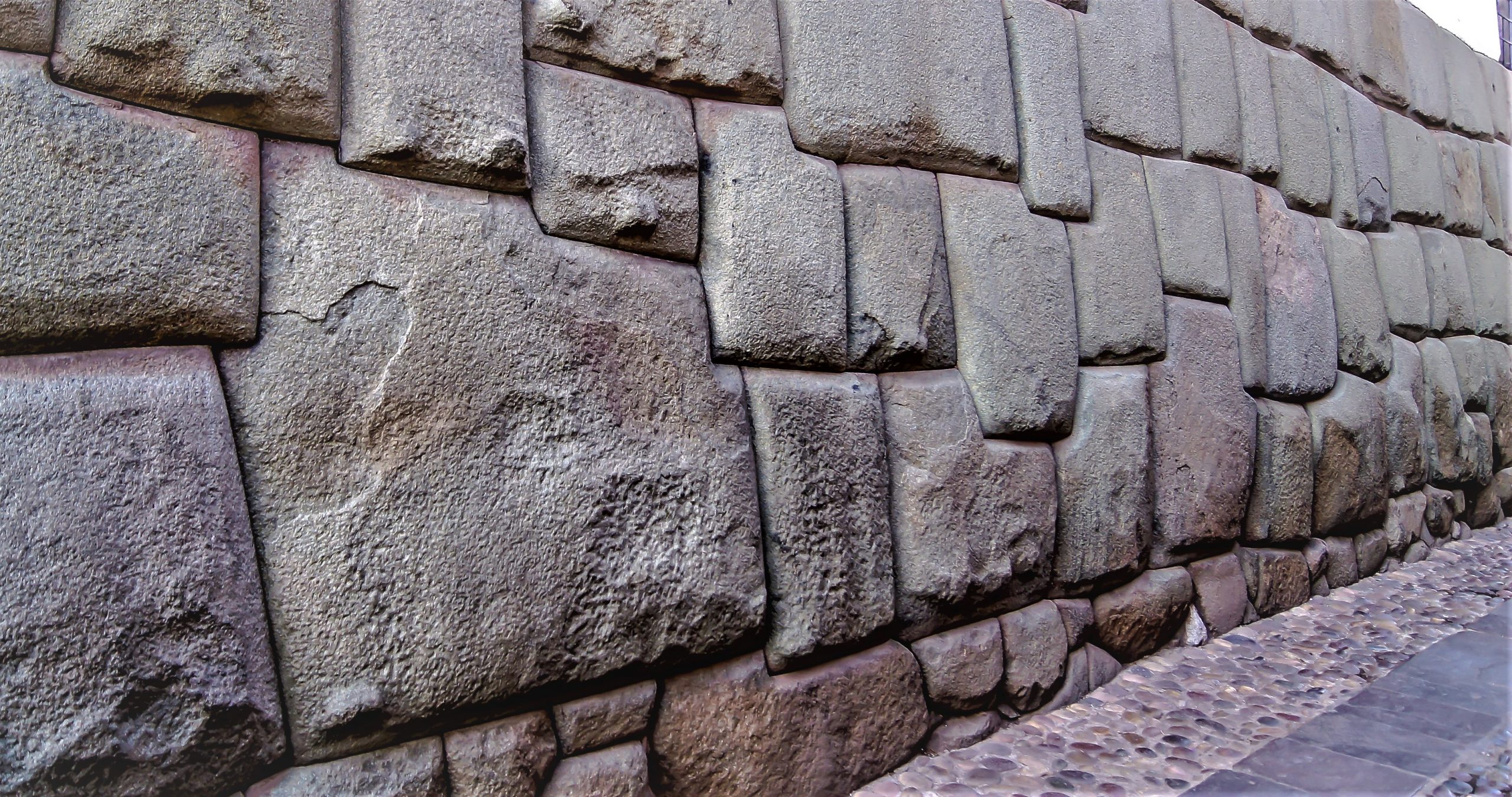
Inca stonemasons meticulously shaped each block to fit seamlessly alongside the others, ensuring a tight and secure fit. This precision and attention to detail are evident in the intricate patterns observed on the walls, where the center stone has been expertly shaped to interlock with a total of 11 surrounding stones.
Anti-Earthquake Innovation
The Incas’ mastery of stonemasonry wasn’t just for aesthetics – it was a practical solution to the region’s seismic activity. The Inca walls were designed to absorb the impact of earthquakes, a feature that the Spanish conquistadors’ buildings often lacked and consequently crumbled during tremors. By interlocking the stones and carefully shaping them, the Incas created walls that could sway and flex with the earth’s movements, rather than collapse under pressure. This innovative approach to construction has enabled many of these Inca walls to withstand the test of time, standing as a testament to the engineering prowess of the Inca civilization.
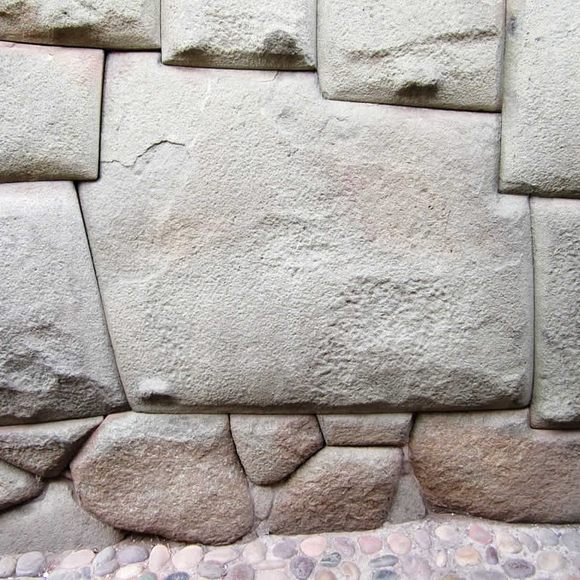
Exploring the Inca Legacy
The captivating Inca walls of Cusco have been the subject of extensive study and fascination. In his book “Monuments of the Incas,” author John Hemming delves into the intricate process of shaping and assembling the often-gigantic stone blocks that make up these architectural wonders. Hemming’s research, along with the stunning photography of Edward Ranney, offers a deeper understanding and appreciation of the Inca’s remarkable achievements in stone masonry.
As you wander the streets of Cusco, the Inca walls that line the city serve as a powerful reminder of the ingenuity and craftsmanship of the Inca people. These imposing structures stand as monuments to a lost civilization, inviting visitors to explore and appreciate the engineering marvels that continue to captivate and inspire. By understanding the exceptional skills and techniques that went into their construction, we can gain a deeper appreciation for the enduring legacy of the Inca empire and its lasting impact on the architectural landscape of Cusco.



